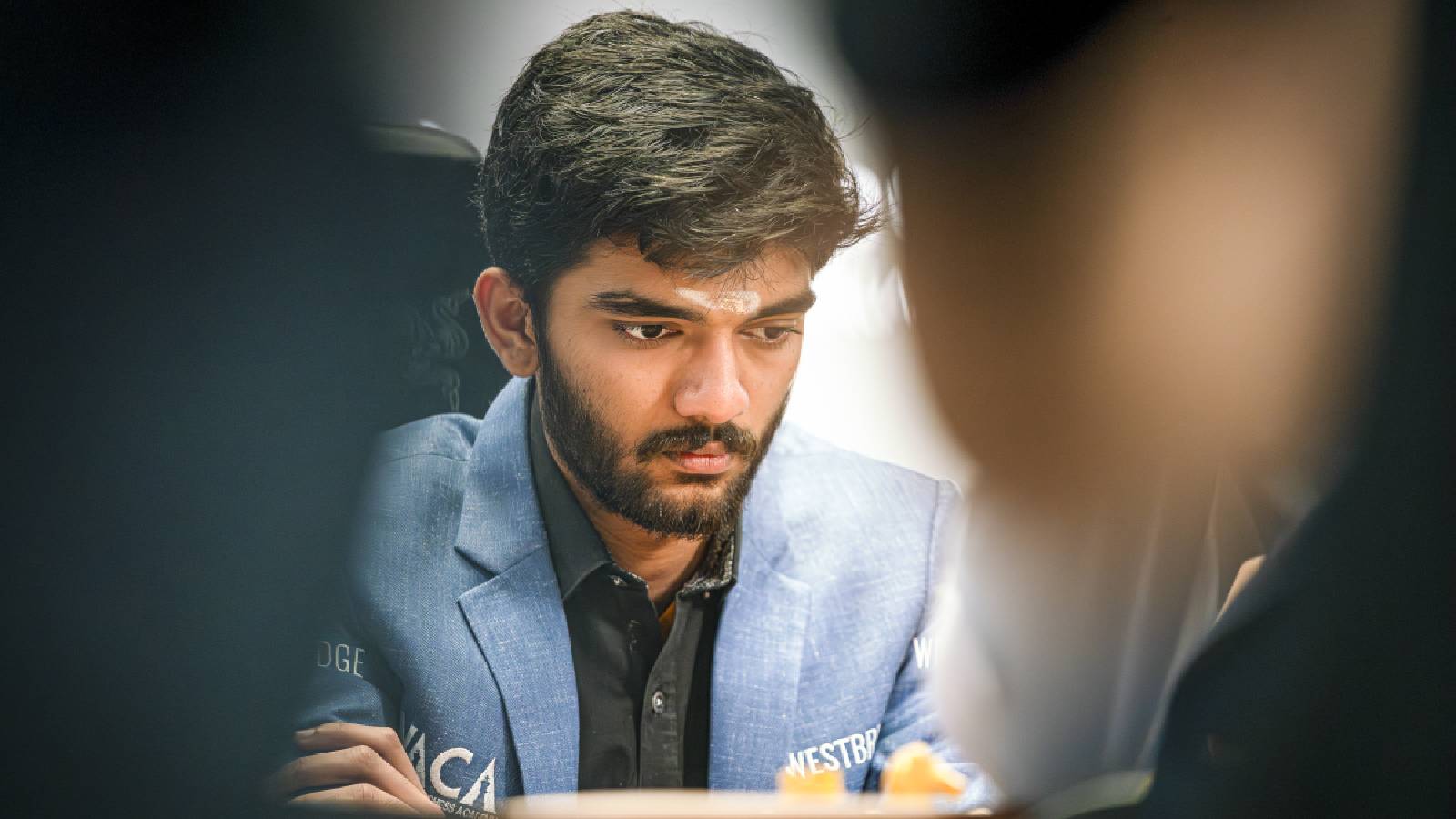 |
|
Dommaraju Gukesh's journey to becoming the youngest-ever world chess champion is a testament to unwavering dedication and exceptional talent. His ambition, declared at the tender age of 11, culminated in a hard-fought victory against the seasoned Chinese grandmaster, Ding Liren. The three-week championship was a grueling test of mental fortitude and strategic prowess, pushing both players to their limits. Gukesh's calculated risks, almost supernatural ability to anticipate his opponent's moves, and an almost impenetrable emotional demeanor played a crucial role in his triumph. The match highlighted not only Gukesh's skill but also his meticulous preparation, as described by his mind guru, Paddy Upton, who stated that Gukesh had meticulously studied every aspect of playing in a world championship before even setting foot in Singapore.
Gukesh's approach to the game is a fascinating study in focus and discipline. His deliberate entrance into the playing hall, his almost meditative state at the board, and his minimal use of social media and internet during the championship demonstrate an unparalleled level of concentration. This dedication, nurtured since childhood by his coach, Grandmaster Vishnu Prasanna, has been the cornerstone of his success. Prasanna noted Gukesh's exceptional seriousness and drive, even at the age of 11, highlighting his unwavering focus on the singular goal of becoming world champion. This obsession, combined with his inherent talent, allowed him to withstand the pressure of the championship and capitalize on his opponent's occasional lapses.
The match was not without its challenges. Gukesh faced an early setback, falling a full point behind in the first game. However, he demonstrated remarkable resilience, bouncing back from this initial defeat and maintaining his composure even after losing immediately after taking the lead in game 11. His response was to be the first to the playing arena in game 13, demonstrating his readiness for a fight. This unwavering determination and ability to overcome setbacks proved instrumental in his eventual victory. His willingness to take risks, often overestimating his position, also played a role, perhaps a reflection of his youthful optimism and the mental state of his opponent.
Ding Liren's performance, while impressive, was marked by a perceived lack of aggression in certain games. He settled for draws in several instances where he had the upper hand, a strategy that ultimately contributed to Gukesh's victory. This hesitancy, combined with Gukesh's unwavering focus and calculated risks, tipped the balance in the young Indian prodigy's favor. The match highlighted the unpredictable nature of high-stakes chess, where psychological factors can play as significant a role as strategic calculations. The uncertainty surrounding Gukesh's ceiling is a testament to his remarkable potential; even experienced chess players like Susan Polgar acknowledge that he has yet to reach his peak.
Gukesh's victory adds to his already impressive list of accomplishments. He is India's youngest grandmaster, the youngest winner of the Candidates tournament, and the first Indian chess player to surpass Viswanathan Anand's long reign as the top-ranked Indian player. Yet, his world championship title eclipses all previous achievements, marking a truly historic moment in the world of chess. The succession of world champions stretches back to 1886, including legendary names like Bobby Fischer, Garry Kasparov, Viswanathan Anand, and Magnus Carlsen. However, none achieved this feat as a teenager. Gukesh's win not only secures his place in history but also underscores the exceptional talent and dedication that propelled him to the pinnacle of the chess world, proving that with unwavering focus and exceptional skill, even the seemingly impossible can be achieved.
Gukesh’s win highlights a shift in the chess world, with a new generation of prodigies emerging from India. The rise of players like Arjun Erigaisi and R Praggnanandhaa alongside Gukesh shows a burgeoning talent pool, promising exciting developments in the future of the game. Gukesh's victory is not simply a personal achievement but a symbol of the growing strength of Indian chess on the global stage. It inspires a new generation of aspiring chess players, demonstrating that with dedication and unwavering focus, even the loftiest of goals are attainable. His story is more than just a chess match; it’s a compelling narrative of ambition, resilience, and the pursuit of excellence.
Source: History made as Gukesh becomes youngest-ever world champion after last-ditch blunder from Ding Liren
